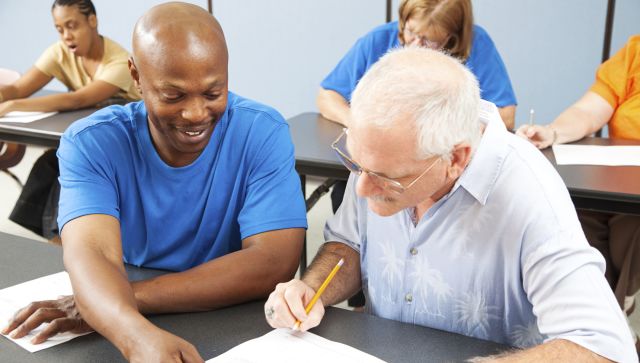Are you a do-gooder? If you are, chances are you'll stay sharp as a tack as you age.
Volunteering in a social setting—tutoring kids in a library or school, for example—can help reverse or delay declines in brain function that happen with aging, research shows.
Plastic brains are good
The thing is, your brain is plastic. No, not like those jelly bracelets from the '80s. Brain plasticity refers to its ability to change and form new connections between neurons in response to novel situations. Unfortunately, it's natural to lose a little of this plasticity over time. And when you don't use your brain, the sluggishness gets worse. So it's essential to stay active—not just mentally but physically and socially.
Get your good deed on
Volunteering fits the bill on many fronts. It challenges the brain to think critically and learn new things. It creates a social outlet (also good for the brain). And getting involved in a good cause can add meaning and a sense of purpose in life—all good things for mental well-being. So do your brain a favor and find a volunteering effort that captures your interest, whether it's helping children find books in the library or cooking meals for shut-ins.





